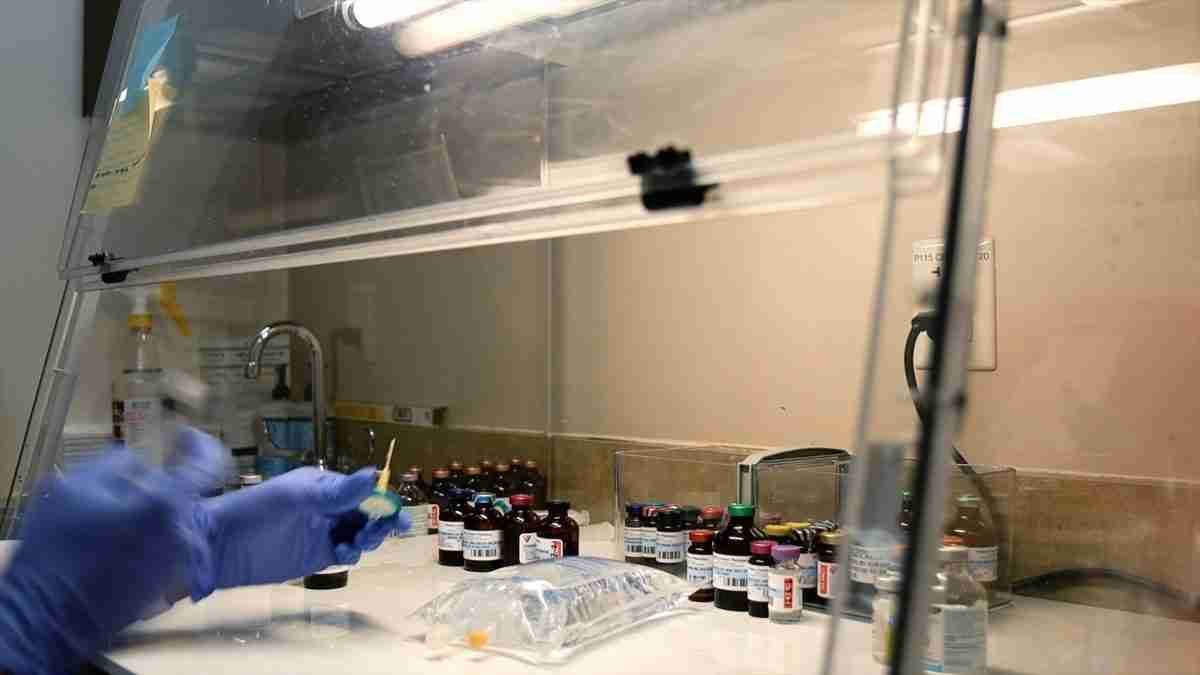Alpha Lipoic Acid (ALA) IV Therapy for Treating Cancer
Lipoic Acid is also known as Alpha-Lipoic Acid or ALA, and Thioctic Acid. Alpha-Lipoic Acid is a powerful free radical scavenger and a potent antioxidant made by the body and found in every cell.
One of its most important characteristics is that, unlike most anti-oxidants, it is both fat-soluble and water-soluble. This enables it to provide protection in a much wider range of physiological environments throughout the body.
There is naturally very little free circulating ALA in the body, meaning that supplementation is necessary in order to experience ALA’s full benefits.
Unlike many other antioxidants, Alpha-Lipoic Acid is both lipophilic & hydrophilic (fat-soluble and water-soluble) and evidence suggests that it may help to regenerate other well-known antioxidants such as Vitamin C, Vitamin E and also raise intracellular levels of Antioxidant.
In addition to its antioxidant and free radical scavenging effects, Alpha-Lipoic Acid has demonstrated neuroprotective, cytoprotective, antihyperglycemic, anti-inflammatory, and anti-viral activities.

What does Alpha-Lipoic Acid do?
According to experts in the field, Alpha-Lipoic Acid is one of the best-selling drugs in Europe. It has been widely used and studied abroad for diabetic peripheral neuropathies and various liver issues such as Hepatitis C.
Why intravenous administration?
Naturally, our body has very little free circulating Alpha-Lipoic Acid, so supplementation can be an attractive alternative and /or concurrent adjunct to conventional therapy in treating Diabetic Neuropathy and liver diseases. Studies have shown that intravenous infusion of alpha-lipoic acid was safe and effective in reducing symptoms of diabetic peripheral neuropathy, and these results were not achieved with oral supplementation.
Benefits of Alpha Lipoic Acid (ALA) IV Therapy
Boosts the Immune System
A strong immune system is crucial for cancer patients as it helps the body fight off infections and supports overall health. ALA IV Therapy has been shown to enhance immune function by increasing the production of natural killer cells, which play a vital role in the body's defense against cancer cells.
Reduces Inflammation
Chronic inflammation can contribute to the development and progression of cancer. ALA IV Therapy helps reduce inflammation by neutralizing free radicals and suppressing the activation of inflammatory pathways in the body. This may help slow down the growth of cancer cells and improve the patient's overall well-being.
Supports Detoxification
ALA IV Therapy aids in detoxification by supporting the liver, kidneys, and other organs responsible for removing harmful substances from the body. This is particularly important for cancer patients undergoing chemotherapy or radiation, as these treatments can produce toxic byproducts. By enhancing the body's natural detoxification mechanisms, ALA IV Therapy can help reduce the side effects of conventional cancer treatments.
Improves Cellular Energy Production
Cancer cells have a high energy demand, which can deplete the body's energy reserves and contribute to fatigue. ALA IV Therapy supports energy production by helping cells convert glucose into usable energy more efficiently. This can help cancer patients feel more energized and better equipped to cope with the physical and emotional challenges of cancer treatment.
Supports Nerve Health
Chemotherapy and other cancer treatments can cause neuropathy, a condition characterized by nerve damage and associated pain, numbness, and weakness. ALA IV Therapy has been shown to support nerve health by reducing oxidative stress, promoting nerve regeneration, and improving nerve conduction. This can help alleviate symptoms of neuropathy and improve the patient's overall quality of life.
References:
A 1997 study by D Ziegler: “Alpha-lipoic acid in the treatment of diabetic peripheral and cardiac autonomic neuropathy,” concluded that intravenous infusion of alpha-lipoic acid over 3 weeks is safe and effective in reducing symptoms of diabetic peripheral neuropathy. https://www.ncbi.nlm.nih.gov/pubmed/9285502
The sensory symptoms of diabetic polyneuropathy are improved with alpha-lipoic acid: the SYDNEY trial. https://www.ncbi.nlm.nih.gov/pubmed/12610036
1995 abstract by L Packer - Alpha-Lipoic acid as a biological antioxidant. - NCBI - NIH https://www.ncbi.nlm.nih.gov/pubmed/7649494


